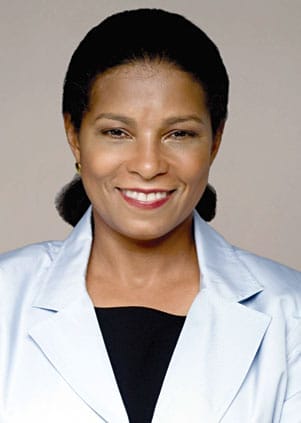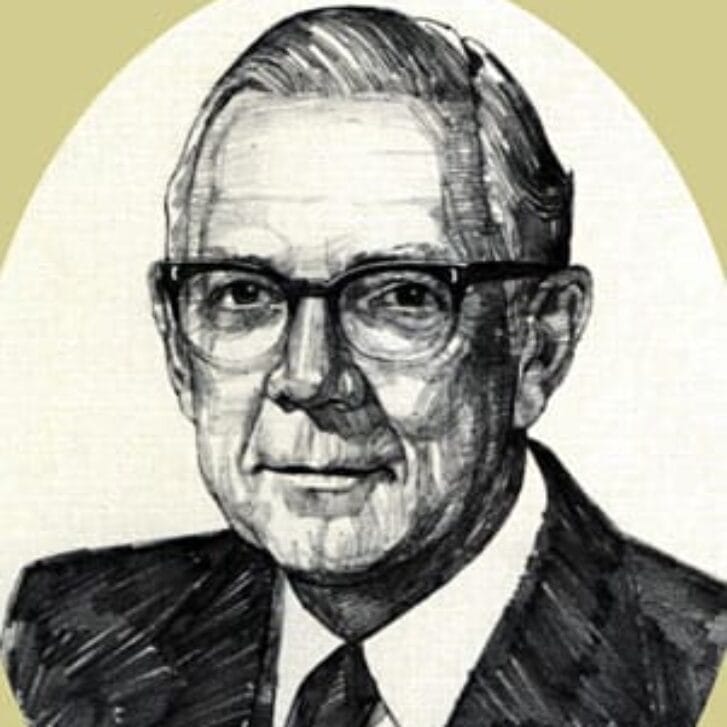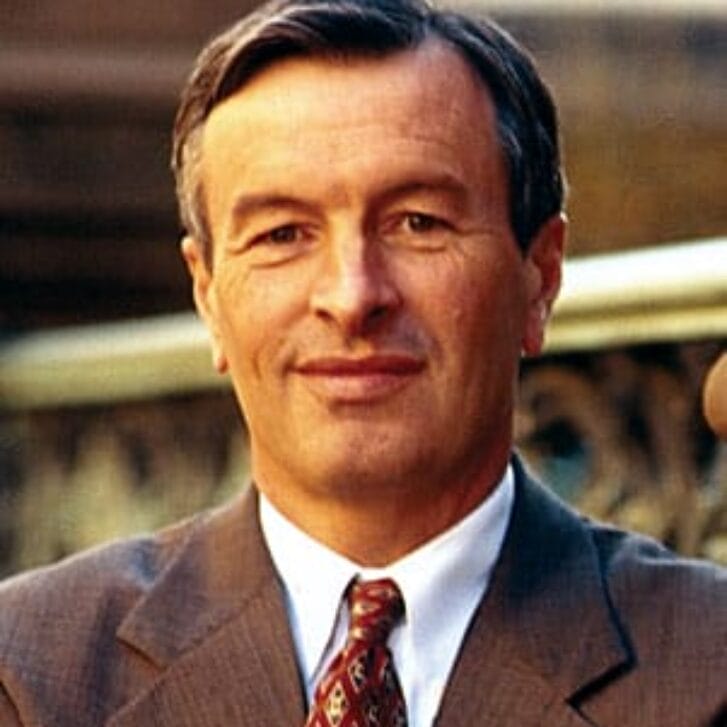 There’s no doubt that aspects of the U.S. health care system are ailing. Millions of working people are uninsured, access to services varies widely, and Medicare is predicted to reach a crisis in coming years.
There’s no doubt that aspects of the U.S. health care system are ailing. Millions of working people are uninsured, access to services varies widely, and Medicare is predicted to reach a crisis in coming years.
Perhaps no one is better suited to help heal the system than Dr. Risa Lavizzo-Mourey. As the president/CEO of the Robert Wood Johnson Foundation since 2003, Lavizzo-Mourey has applied both business and public-health principles to set specific objectives for strategic investment and redesigning systems to do so efficiently. From a career as a practicing physician and work in academic medicine, she moved into the public sphere as an expert in health care policy, held positions in government, and played a key role in philanthropy.
After earning her medical degree from Harvard, Lavizzo-Mourey went on to earn her MBA at Wharton. At Penn’s School of Medicine, she served as a Robert Wood Clinical Scholar, where she specialized in geriatric medicine. While at Penn she became the Director of the Institute of Aging and the Sylvan Eisman Professor of Medicine and Health Care Systems.
While the foundation’s $9.6 billion in assets make it the nation’s largest health care philanthropy, its resources are dwarfed by the scope of the need. Under Lavizzo-Mourey’s leadership, the foundation refocused its priorities and restructured its grant-making activities into four strategic-investment portfolios.
Says Lavizzo-Mourey, “When we take all of those societal or systemwide opportunities for changing the population’s health and combine them with what individuals can do with one single patient, we really have the opportunity to transform society in major ways.”
The problems Lavizzo-Mourey aims to solve are indeed big—bigger than any single leader or even any foundation—but she is able to see both broad issues and the individuals affected. Always a doctor as well as an executive, she still treats patients at a community health clinic in New Brunswick, NJ. She says of herself: “What continues to energize me is the opportunity to address big problems in the area of health and health care, to make a difference on a large scale, and to touch people directly and change their lives.

























